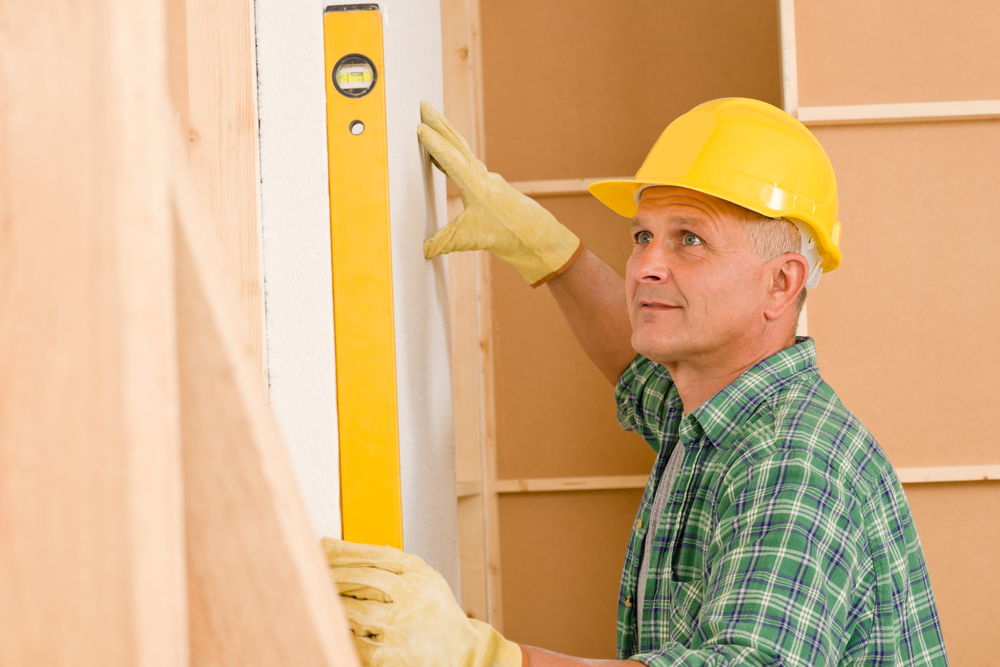
A confident expression suggests that when we use a tool, such as this level, to check our work just to make sure that what we think we have done is correct, we know that we are delivering the best possible solutions.
Confidence is not arrogance
We can be confident without suggesting that we necessarily are better than anyone else because we have various university degrees, certifications, or an impressive resume of clients served. However, the general public and fellow aging in place specialists that we work with appreciate working with someone who is knowledgeable, accomplished, and confident in their abilities.
Confidence in what we are doing generally comes with experience. The more we do something, the more we learn to do it well, and the more consistent the results are. This is the root of being confident. We know that when we attempt or complete something that we are going to be successful with it because we have put in the hours to practice and learn how to do what now seems to come to us rather easily.
It’s been said that the mark of a true professional is to make something they do which requires a great deal of skill and practice look easy to do – like a professional athlete who makes it look second nature to them to take a shot or complete a play so effortlessly.
Taking our confidence to the marketplace
People enjoy working with people who like what they do and are good at it. This is a good working definition of confidence. As such, trade and professional partners and the general public are going to seek us out or respond well to hearing our name suggested for a project because they know what they are going to get. They know that we are driven to be the best in what we do and in the solutions we deliver for our clients.
In coming up with aging in place solutions for our clients and suggesting products for them to have installed or improvements that we want to provide for them, confidence is important. if we act as if we are concerned that the potential client is going to say ‘no’ or object to what we are offering or that they may not trust us to help them, we may demonstrate a lack of confidence in our ability to prevail in that situation and ultimately provide the help they are seeking and that we want to offer.
Confidence is strength, and the lack of it is a perceived weakness. It comes from study, practice, and an understanding of the needs of the marketplace.
Gaining confidence
Confidence is easy to spot – at least the lack of it is. Take a performer or an athlete. They are put into a position when all eyes are on them, and they are expected to deliver. Yet, sometimes they don’t seem up to the challenge. There definitely is some concern expressed in their demeanor. We can learn from this. If we know what we want to do, have the cooperation of our clients through a great relationship we have established with them, and deliberately execute what we know how to do, our confidence will be evident.
It may take study, homework, and practice to hone our skills, but this underlies the feeling of confidence that we want to assume and portray to the marketplace.
